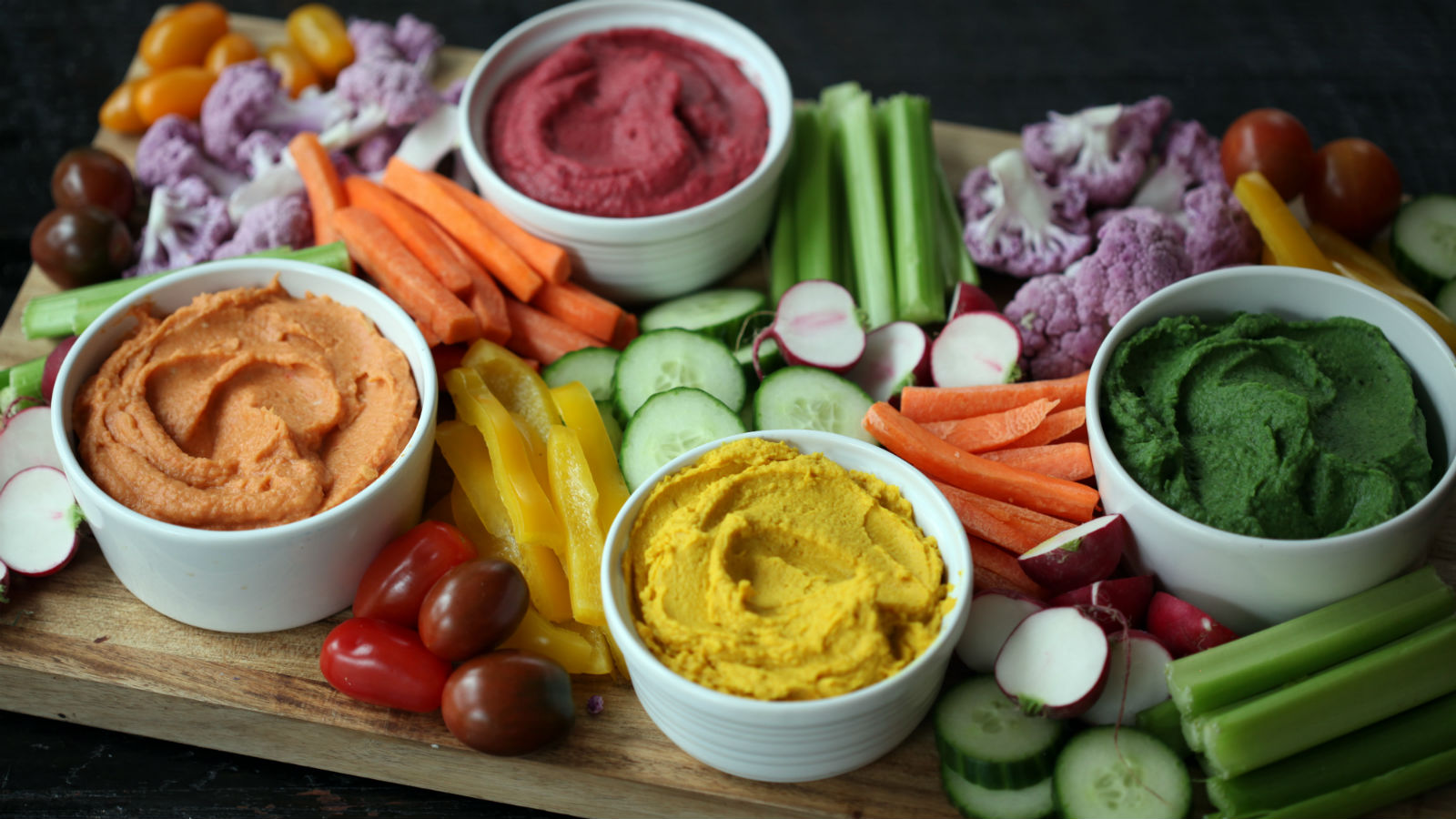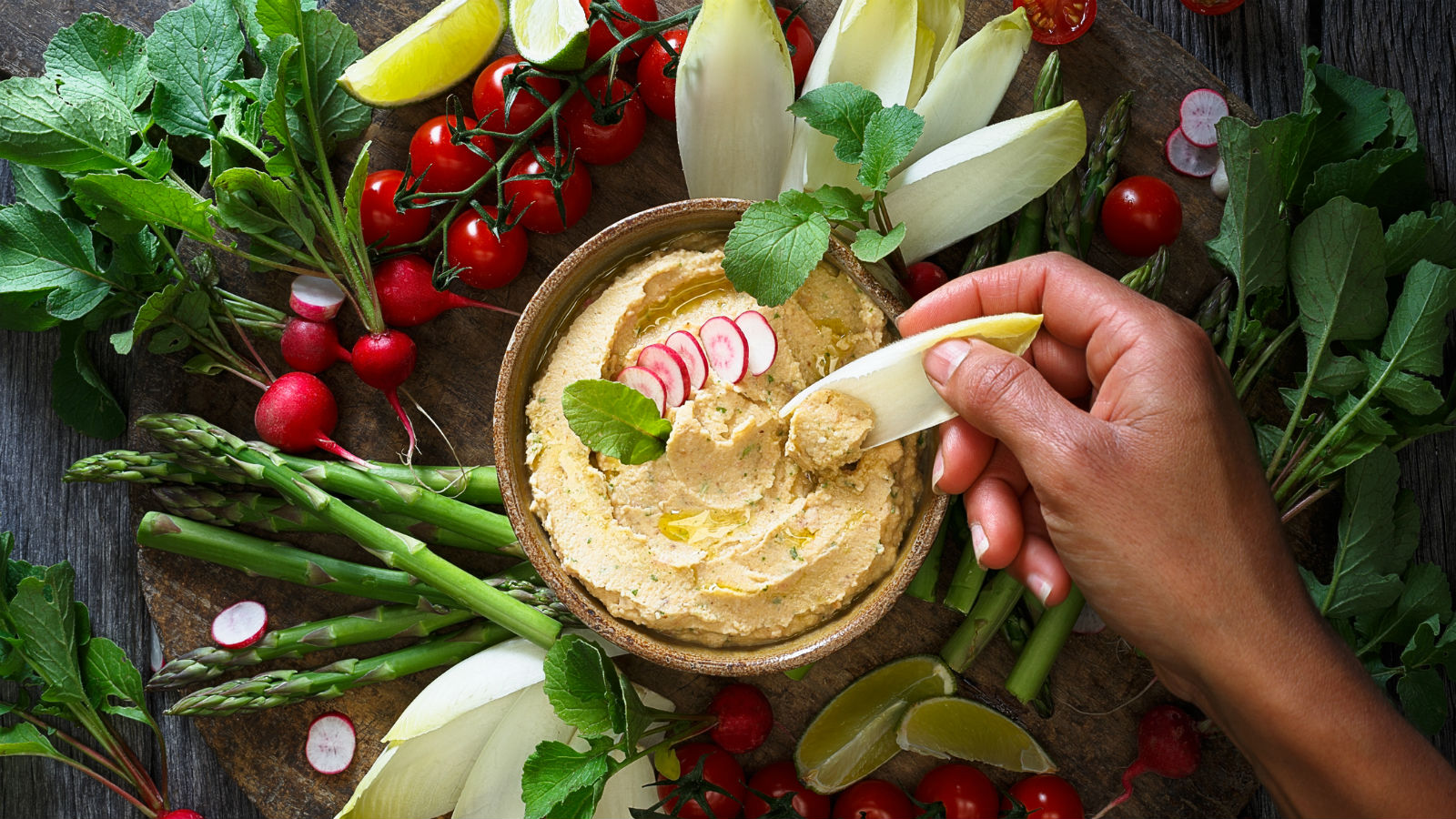It seems like everyone is telling us to eat hummus these days: Pinterest, parenting magazines, Instagram, Israelis.
But is hummus actually good for you?
The short answer is yes, but with several caveats. Time magazine recently explored this topic with several health experts who shared the follow advice:
“[Hummus] generally offers more vitamins and minerals than many other dips or spreads,” she says, since it includes calcium, folate and magnesium. This blend of nutrients can also stabilize blood sugar and help prevent heart disease, says Los Angeles-based registered dietitian Lindsey Pine. Hummus also contains what she calls the “trifecta of macronutrients”—healthy fat, protein and fiber—that keep you full and satisfied, which is key to maintaining a healthy weight.”
But too much of a good thing can be bad. Chickpeas and tahini, two core ingredients in classic hummus, are nutrient-dense but also high in calories. So you shouldn’t eat an entire tub. Great, common sense: Don’t eat an entire tub of Ben & Jerry’s or hummus. Check.
The Nosher celebrates the traditions and recipes that have brought Jews together for centuries. Donate today to keep The Nosher's stories and recipes accessible to all.
It’s not just the quantity, but the ingredients. If you are noshing store-bought hummus, make sure to check what’s in it and watch out for extra sodium, preservatives, or added sugar, which can all derail the health factor of your hummus.
The best option of all? Make your own hummus, which allows you to control the ingredients, and make sure to serve it with fresh veggies instead of loads of pita, chips, or crackers.
Here are some recipes to try:




